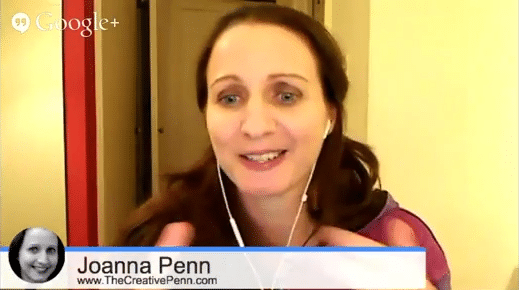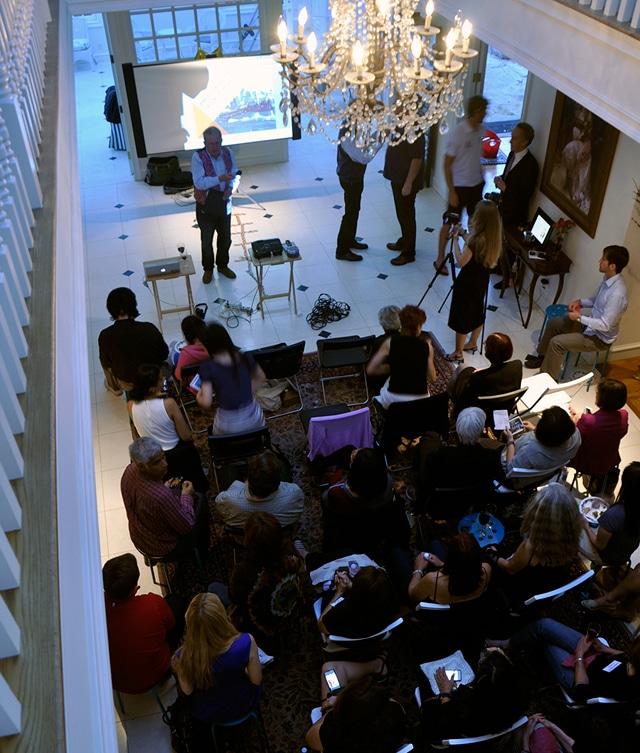On Saturday, I went out to dinner with some friends as an early birthday celebration. We all ate our fill, and when the server came by to ask us how we felt about dessert, all of us laughed because we were so full. Sweet treats to follow? Please.
Speaking of desserts, I’m sure we all know the different between a desert and a dessert, right? Just in case, let’s review.











